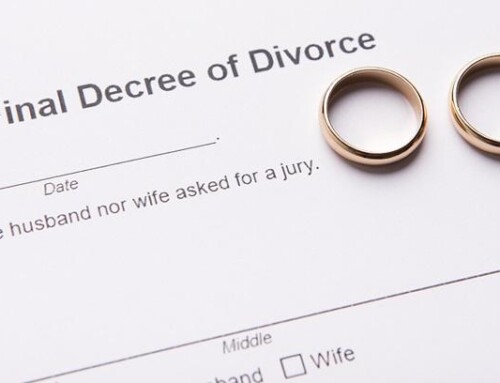
Divorce is clearly a stressful, emotional event for some families, especially when there are children involved. Divorce lawyers often work with clients who are seeking a workable resolution in a divorce situation, both for themselves and for their children. Unfortunately, many law firms that help clients with divorce find that some parents are filled with so much anger that it can inadvertently affect their children and the relationship they have with both parents. It is a topic that divorce attorneys everywhere agree must be discussed with their clients to avoid angry situations that affect children and parents alike. One subject that is heard during serious divorce discussions is parental alienation.
What Is Parental Alienation?
Divorce lawyers report that parental alienation is what happens after a divorce when one parent takes out their own anger and emotional distress on the other parent, using the children as a tool.. In circumstances of parental alienation, children are frequently used by one parent as pawns to inflict distress on the other parent. Such actions damage both the relationship between the divorced spouses and the relationships both parents have with their children.
Parental Alienation And The Children
Most family courts favor co-parenting whenever possible and encourage this type of divorce resolution with the parents and their divorce attorneys. Yet anger and emotions play a huge part in what actually happens after divorce and custody orders are in place; frequently, issues arise when a parent takes out their frustrations by failing to co-parent. This often leads to fighting between parents and attempts to discredit the other parent in front of the children. Such initial animosity often leads to a general unwillingness to include the other parent in parenting plans that nurture harmonious relationships between the children and both parents.
Parental Alienation Syndrome (PAS)
As a result of this behavior by their parents, children absorb these negative emotions. They become disrespectful of and even hateful toward the parent being alienated, further breaking down familial ties. The problem is so significant in many family divorce cases that children exhibiting behavior that is influenced by an alienating parent are termed as being affected by Parental Alienation Syndrome (PAS). There are varying degrees of PAS, from milder effects where children begin to repeat negative ideas about the parent being alienated, to severe PAS where children completely avoid any type of relationship with the alienated parent.
Divorce attorneys today understand the emotional pain that divorce can bring and continue to advocate for the most amicable divorce and custody agreements that can be established. Parental alienation is a detrimental effect of divorce that can negatively impact the well-being of involved children and their relationships with their parents. Such behavior should be avoided and eliminated if it begins according to the attorneys who help clients and their children after a divorce is finalized.
Divorce lawyers strongly recommend that any parent who is being alienated from their children contact an experienced divorce law firm to discuss their situation and seek some type of mediation to alleviate the situation. With the right guidance, parents can hopefully resolve co-parenting issues in ways that are beneficial to their children and put their own anger aside.
Foreman Family Law, PLLC
409 E. 26th Street
Bryan, TX 77803
979-300-8356
Additional Articles:
Divorce in Texas - What are Some Creative Choices?
Texas Grandparent Rights - The Role of Family Law Attorneys!
How Do You Enforce Child Custody Arrangements in Texas?





